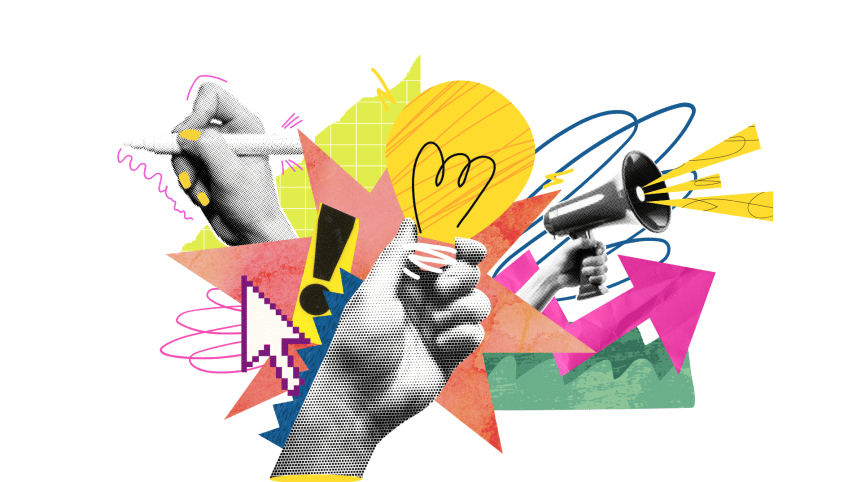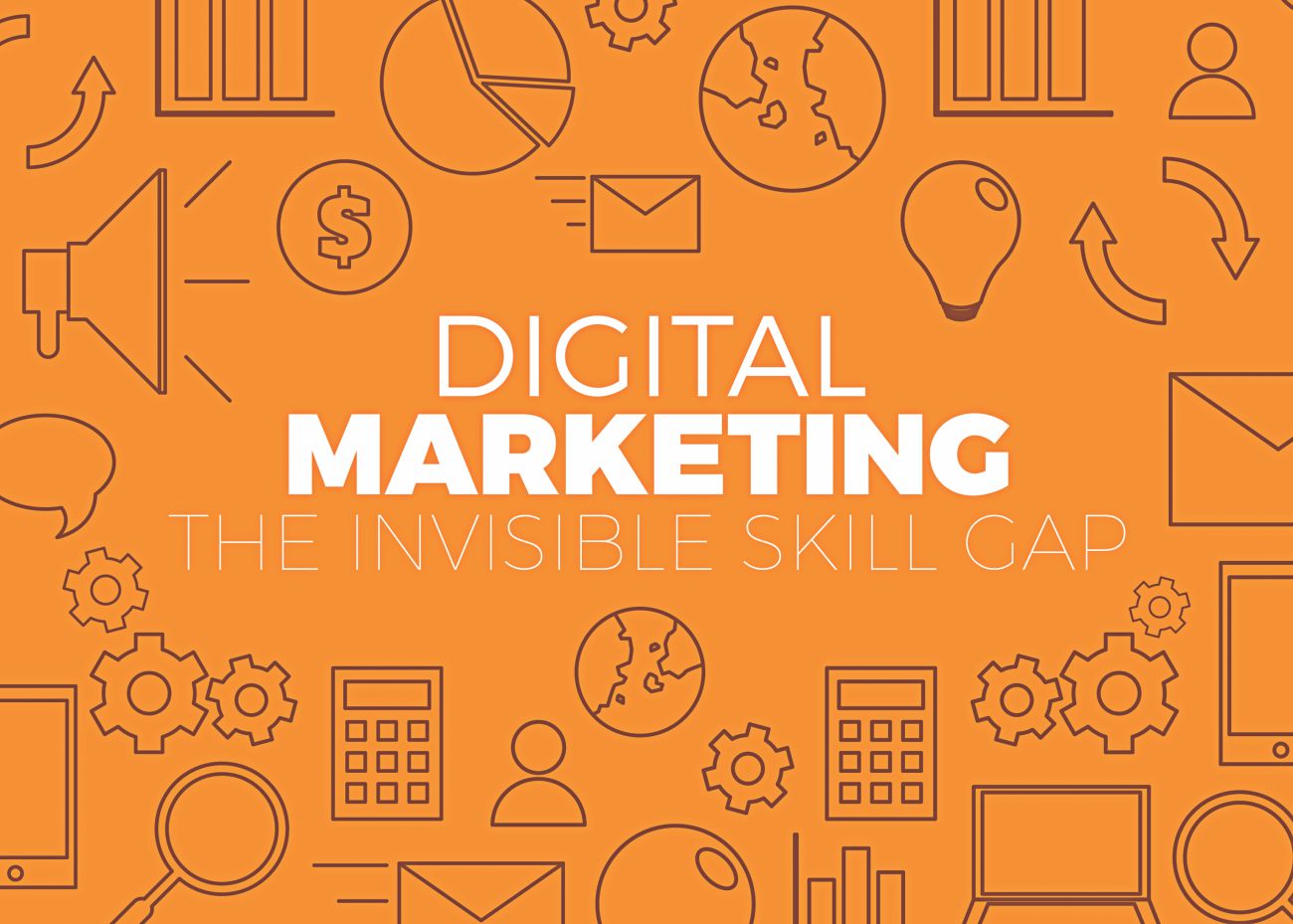Joining an advertising agency? Here’s what you should know

The first time I stepped into an advertising agency, I was overwhelmed by the sheer energy of the place. Designers hunched over screens, copywriters furiously typing away, and account managers darting between meetings. The walls were lined with storyboards and campaign concepts, each one a glimpse into a world of creativity. I had imagined advertising to be all about glamorous shoots and catchy jingles, but I quickly learned that behind every successful campaign was a team executing it through sheer grit.
Life at an advertising agency is anything but predictable. Tight deadlines, late nights, and endless brainstorming sessions are the norm. What is often overlooked, however, are the creative minds working tirelessly to bring campaigns to life.
"Every day is dynamic," explains Ali Ausjhahi Rufai, a senior account executive of client relations at Mediacom Limited. "Advertising agencies exist to solve problems – whether they're business, social, or environmental. As an advertiser, you face new challenges and opportunities daily. One day, you might be working on a press ad for a baby skincare product that requires a nurturing tone. By evening, you could be designing a bold ad for a steel company. This constant variety ensures that your work life is never boring."
Tasmia Islam, a copywriter at a renowned advertising agency, shares her experience, "Maintaining a fixed schedule at an agency is challenging. Work can come in at any moment – my day might start at 9 AM, 12 PM, or even 3 PM. I spend my mornings researching and watching television commercials and online video commercials to expand my understanding. By 11 AM, I log into work, create a list of my deliverables, and meet with client servicing executives to discuss urgent tasks. But as the day goes on, more small tasks come in."
She adds, "When writing a script, I collaborate with the strategic planner and creative director to map out the entire concept. These creative sessions can last anywhere from two to three hours, sometimes even longer. To avoid creative blocks, we take breaks by grabbing refreshments, relaxing, and watching TV shows. My work usually wraps up around 8 PM, but there are times when I have to stay late to review the final output, ensuring that there are no spelling or design errors."
Advertising agencies house a variety of roles – from copywriting and graphic design to video production, motion graphics, and data analytics. While an undergraduate degree can get you an entry-level job, agencies prioritise skills over formal qualifications. Many students start working while still in university, gaining hands-on experience and climbing the career ladder.
"An agency has three major departments: account management, creative, and strategy," says Ali. "In recent years, many media and communication graduates have entered advertising since their studies cover most aspects needed in the field. However, business and marketing graduates are well-suited for roles in account management and strategy. Creative roles, such as those of visualisers, tend to favour those with a background in the arts or graphic design. Copywriting roles require a strong knowledge of social and cultural trends."

"Larger agencies typically hire full-time employees, while some startup agencies offer part-time roles, which are perfect for students looking to gain experience," Ali adds.
"Agencies often hire entry-level candidates for roles like account executives, copywriters, and visualisers. The key qualities that agencies look for include problem-solving skills and the ability to execute tasks effectively," notes Ali.
"In my view, account management offers better career opportunities. Account management roles allow you to work with different industries, helping you build knowledge and a strong network. This network and business knowledge can help with career advancement. Digital advertisers and creatives also have great opportunities, as local and multinational companies invest in in-house teams. The demand for skilled digital marketers continues to grow, creating more career opportunities," he added.
Furthermore, the work environment in an agency is quite distinct from that of other industries. "People working in agencies often believe that a slower pace and relaxed approach help spark creativity and lead to delivering amazing work for their clients. The intense work pressure comes from meeting tight deadlines for high-profile clients," says Anwarul Hoque Ansari, an executive of planning and strategy at Spellbound Leo Burnett.
Creativity and adaptability are essential for anyone looking to build a career in this field. "Creativity is important for you to fulfil your role in an agency. No matter what position you are in, your creativity will help you throughout. To nurture this creativity, you have to always keep learning new things," explains Tasmia.
She continues, "I think the biggest mistake people make is when they stop learning, assuming that certain topics will never be useful. For example, I might not be interested in banking news, but gaining a perspective on that topic could help me visualise new ideas. I stay up to date with trends, cultures, news, and even memes. Children's cartoons, advertisements from around the world, and short YouTube videos are some of my go-to sources. Watching more movies and reading books of various genres really help me expand my thinking."
"Innovation is essential in an agency that focuses on 360-degree marketing, omnichannel, and digital channels. We need to develop an intense approach to bringing the 'wow' factor to the product and meeting the client's expectations. Creativity is a crucial trait one should possess while working in the agency sector," said Anwarul.
Many assume advertising is all about creativity and glamour, but the reality is far more complex. "People think it's all just fun and games, but it involves managing clients, analyses, and last-minute deadlines," says Tasmia, dispelling common myths about agency life. "We do more than just make ads, and we don't work with celebrities all the time." She also challenges the belief that agency work requires extreme creativity saying, "Strategy and execution matter just as much."
Ultimately, selling ideas remains one of the toughest challenges in advertising. "The hardest part of the job isn't always coming up with ideas, it's convincing clients to buy into them," she adds.
"Problem-solving is key. You need to think on your feet and tackle challenges as they come," says Anwarul. He also highlights time management as a crucial skill to have in a fast-paced environment along with research skills for understanding market trends. "Creativity is important but it must be paired with logic and feasibility," he said. "A strong marketing approach helps craft messages that resonate with the audience."
For many, the thrill of bringing ideas to life outweighs the challenges. "My most favourite and memorable project was when I organised, planned, and executed the 50th jubilee celebration of a school in Army Golf Garden. As I planned and executed the whole event on my own, it really helped me shape myself. I directed a documentary for the school and planned out everything from marketing to ticketing. What made it stand out was the design and wording, which made it different," recalls Tasmia.
So, if you're looking for a fast-paced, dynamic career where creativity meets strategy, an advertising agency might just be the perfect fit for you.



 For all latest news, follow The Daily Star's Google News channel.
For all latest news, follow The Daily Star's Google News channel. 

Comments